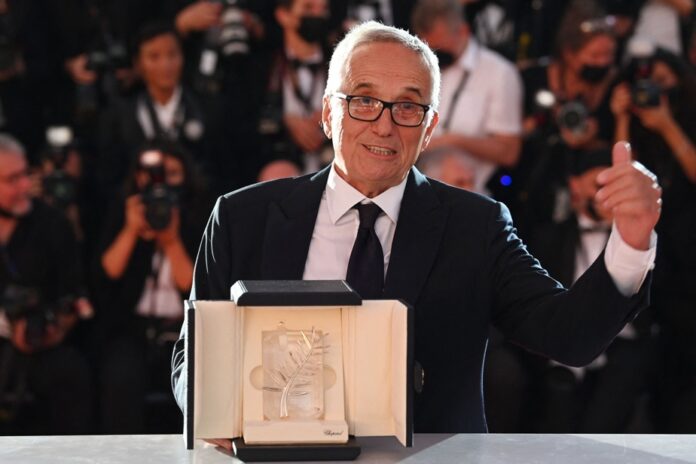(Paris) Steven Spielberg was interested in the affair, it was ultimately Marco Bellocchio who made it into a feature film: the Italian reopens a dark page of anti-Semitism in the Catholic Church with a film on the kidnapping of a Jewish child from Bologna on papal orders.
The Kidnapping returns to the affair of Edgardo Mortara, born in the mid-19th century. This child was baptized in secret by a servant, then taken from his parents in 1858, at the age of seven. A kidnapping on the orders of the authorities of the anti-Semitic and conservative Pope Pius IX, in order to be educated in the Catholic religion in Rome.
After the Red Brigades (again recently in the miniseries Esterno Notte) or the fight against the mafia (The Traitor), Bellocchio this time focuses on an affair which hit the headlines in its time, then fell into relative oblivion.
“It is an important episode in Italian history, because it is one of the very last kidnappings carried out in the name of the Church in Italy,” recalls the filmmaker, whose film, which is released in theaters on Wednesday in France, denounces both dogma and proselytism.
At the time, the Pope was king of the Papal States and Italy was unifying.
“The liberal, progressive forces interpreted this event as barbaric, and this small fact caused a great scandal throughout the world,” he continued, during an interview at Cannes in May, where his film was in competition.
In the form of a historical fresco, the feature film retraces the fight of the Mortara family against the Church to recover little Edgardo, up to a lawsuit brought by the new secular authorities against the former inquisitor of the city, master builder of the kidnapping.
To the political issue is added an intimate dimension, in a family struck by the history of Italy in the process of being written, during the Risorgimento, the unification of the country.
Edgardo, himself, seems caught in a “Stockholm syndrome,” torn between loyalty to his family and to Catholicism. He became a priest, never left the orders and tried until the end to convert his mother.
The story, which also shows the anti-Semitism of Pius IX, interested Steven Spielberg, the director of Schindler’s List.
Marco Bellocchio also notes that in Spielberg’s latest, The Fabelmans, very autobiographical, it features a Jewish teenager harassed by his comrades who accuse him of having “killed Christ”.
This classic anti-Semitic attack inspired Bellocchio, educated in Catholicism before emancipating himself, to one of the strongest sequences in The Rape, where we see Edgardo remove the nails from the hands and feet of a Jesus. on the cross.
The 83-year-old director, one of the biggest names in contemporary Italian cinema, has tirelessly attacked institutions and the Church, the pillar of Italian society, notably in 2002 with My Mother’s Smile, presented at Cannes .
“Talking about the Catholic Church was more difficult in the 1950s or 1960s, when Christian democracy had a lot of power, strong and rigid” and there was “a kind of preventive censorship,” he explains. Today, “the power of the Church has been greatly reduced. It is in a phase of decline, at least in civil society.”
Asked by AFP about the resonances between the kidnapping recounted in the film and those of Ukrainian children taken to Russia since the invasion, Bellocchio emphasizes having been “very struck”, even if he imagined The Kidnapping well before this war. “It’s either politics or religion, but in both cases there is objective violence.”








